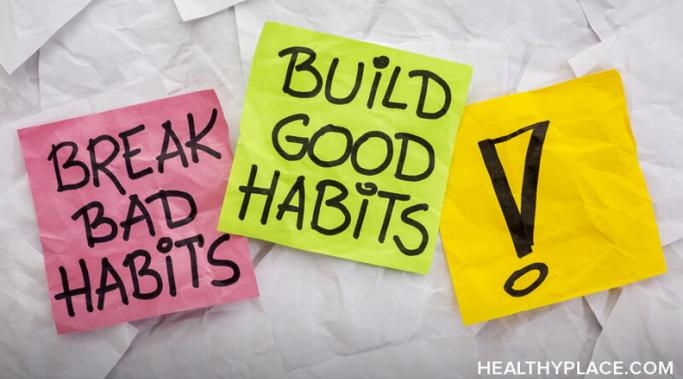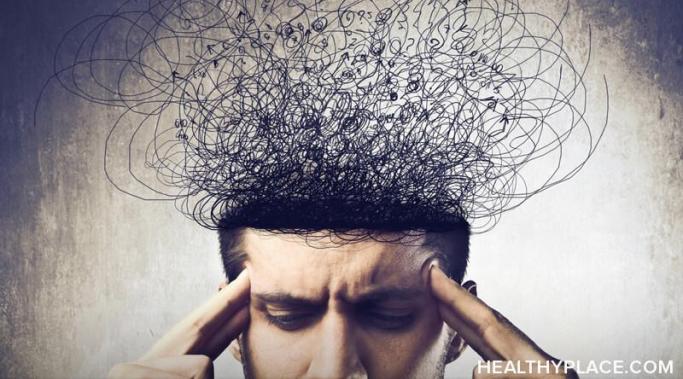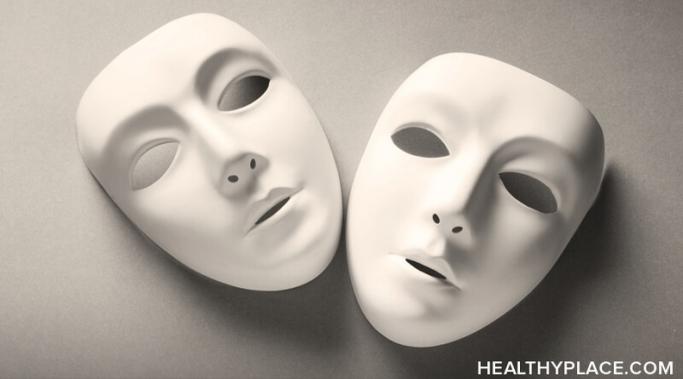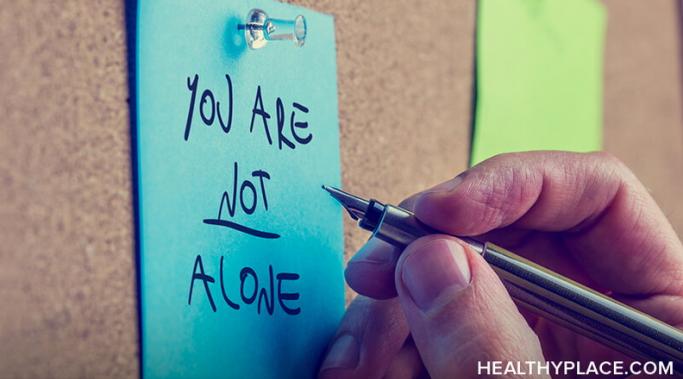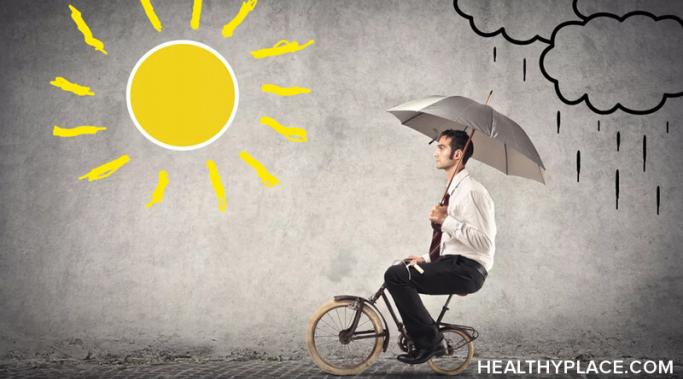As much of the world changes, areas like gambling addiction patterns are likely to go unnoticed by most, but as someone who has battled the grips of gambling addiction, I see the evolving trends in gambling and addiction patterns.
Recovering from Mental Illness
Creating a morning routine matters. Mornings can be tough when you have a mental illness. Warm covers, an hour of scrolling, and total denial of responsibilities used to be my go-to routine. While indulging in my escapism, I unknowingly set myself up for an unbalanced day. Now I've realized it's much harder to have a bad day when I've had a good morning, so building a healthy morning routine that helps my mental health has been essential in my recovery journey.
As I share the twists and turns of my descent into a gambling addiction and my mental health recovery journey, I am reminded of the mental turmoil I went through and how intrinsically connected mental wellbeing is to addiction.
Suffering from anxiety is hard. With all of life's challenges, it can be difficult not to let anxiety mold itself into an ever-looming monster in one's mind. I've had a habit of elongating my own suffering from anxiety with needless rumination, worrying, and dread. But why allow my anxiety to take away from all the other moments in my life?
Gambling addiction can consume every aspect of your life, everything from financial ruin to strained relationships; you remain helpless, at the mercy of a ruthless addiction. As someone who has been through the motions of gambling addiction, I understand how easy it is to go from harmless wagers to a debilitating reliance on gambling to function. As a result, I hope to shed light on the dark side of gambling in hopes that other people can pull themselves out before it’s too late and to empower people to make informed decisions to avoid falling into its treacherous grasp. Gambling addiction prevention might work.
One surprising part of my mental health recovery journey was experiencing heightened emotions. I had successfully dodged painful feelings for years, developing a fear of feeling. But now that I'm recovering, I've felt my emotions more deeply, in almost an overwhelming way. Fear of feeling can be difficult to navigate, but it ultimately enhances my life experiences.
It is one thing to struggle with a gambling addiction; it is a new challenge when dealing with a loved one’s gambling addiction. As someone who has experienced gambling addiction, knowing the depths it took me to makes me worry because I understand the devastating impact it can have on every aspect of life. I also realize how hard having a loved one with a gambling addiction is.
I'm someone who is always extremely anxious to reach an "end goal." This often makes it difficult to be mindful and appreciative of the steps and paths it took to achieve that goal. In recovery, it can be difficult to appreciate what life offers, but each step in life is its own gift, and enjoying the journey can be even more meaningful than reaching the destination. There is a mindful quote that helps me appreciate the journey.
One of the most complex parts of my recovery journey has been facing and letting go of the overwhelming guilt and shame I have attached to my past. These strong emotions can be difficult to work through, but there is freedom in learning from guilt. I am working on finding the lesson in each circumstance and letting go.
Having faced gambling addiction, the silent adversary that stealthily infiltrates lives and wreaks havoc on a person’s financial, mental, and emotional wellbeing, I am proud to be standing on the side of gambling addiction recovery because so many others don’t make it out. As I share my story of recovery and hope, I recognize how fortunate I am to be here and hope to help others stand on this side of gambling addiction recovery.

